There are good reasons why some investors are looking for DeFi coins. Should you follow the trend? What are the top choices if you're planning to invest in 2022?
Whether you are a rookie crypto enthusiast or an expert trader with years of experience, it's always important to stay updated with new technological developments in the financial industry. Lately, the term Decentralized Finance (DeFi) has frequently popped up everywhere and is getting more popular. The rising popularity shows that people are eager to find out more about what DeFi offers and how it can revolutionize the way we perceive digital currency and its functionalities.
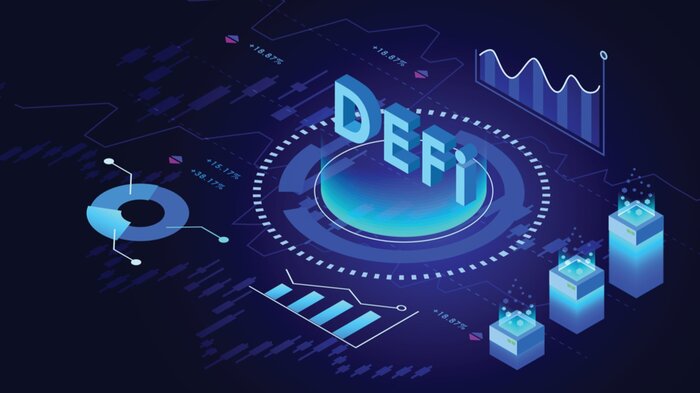
The term DeFi is used to describe a mechanism that allows financial products like apps and protocols to be built on a decentralized blockchain network and governed by smart contracts. The system simply eliminates the need for banks or other intermediaries, making transactions more transparent and safe.
There's also no need to submit a series of identification documents to become a part of the decentralized space. Therefore, DeFi is able to provide users with the ease of trading and making transactions in such a safe and cost-effective way.
Contents
DeFi Coins and Its Benefits
DeFi coin is the foundation of any decentralized network. They are used primarily to facilitate various types of transactions on decentralized applications running on smart contracts. Simply put, you can think of it as the digital form of currency that only works on decentralized platforms. Each coin works in a specific native blockchain network, so DeFi coins are typically named after their unique blockchain networks to distinguish one from the others.
In some cases, people also refer DeFi coins as DeFi tokens. The two terms are essentially very similar because both of them are used to transfer value in the decentralized network. However, DeFi tokens have a wider reach than DeFi coins because they're not always used in a financial sense.
In fact, DeFi tokens have various types and use, such as utility tokens that can be used as passwords to access a particular resource or governance tokens that can give voting rights and management power to their holders. There's also the famous Non-Fungible Token (NFT), which represents a one-of-a-kind type of assets such as digital art, music, video, and more. DeFi tokens are also different from DeFi coins because they can be built on an existing blockchain network.
The various functions of DeFi coins and tokens are the main reason why they are so popular among investors. The holder of DeFi tokens may get special power and get the chance to make changes on the network. Some tokens even have cross-chain functionalities so they can be used across different DeFi platforms.
As more and more people and developers join the industry each day, it can be challenging for newcomers to separate which ones are more likely to be profitable and which ones won't. To help you decide, we have compiled the top 10 DeFi coins that should be worth your time in 2022.
1. Maker (MKR)
Maker (MKR) is an ERC-20 token that's built on the Ethereum network and native to the Maker protocol. Maker was one of the first projects that got successful in the DeFi industry. It is now governed by the MakerDAO, which is an autonomous organization that's made entirely of MKR holders.
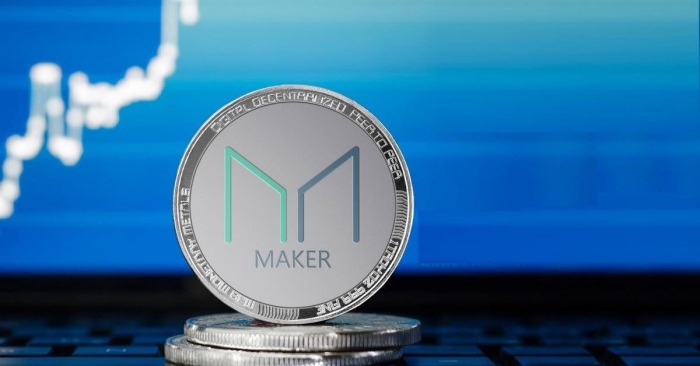
MKR token has two main functions. Firstly, MKR is a governance token, so it allows its holders to stake their MKR tokens to vote on proposed changes to the Maker protocol and contribute to its future development. This can be a huge advantage to its holder and also increase the chance that the token remains relevant and continue to rise in value.
Another function of MKR tokens is to maintain the stability of DAI, a stablecoin that is soft-pegged to the US dollar. This means that the price of the cryptocurrency roughly follows the value of the dollar. DAI was created to address the high volatility of cryptocurrency. Currently, MKR has a market cap of $1,980,295,157 and each token is worth $2,196.23.
2. Uniswap (UNI)
Uniswap is one of the largest decentralized exchanges operating on the Ethereum blockchain. It was first released in November 2018 and since then has attracted a number of users from various countries. Uniswap has a native token called UNI, which is a type of governance token. Therefore, by buying the token, users can vote on key protocol changes and benefit from the rising value of the project.
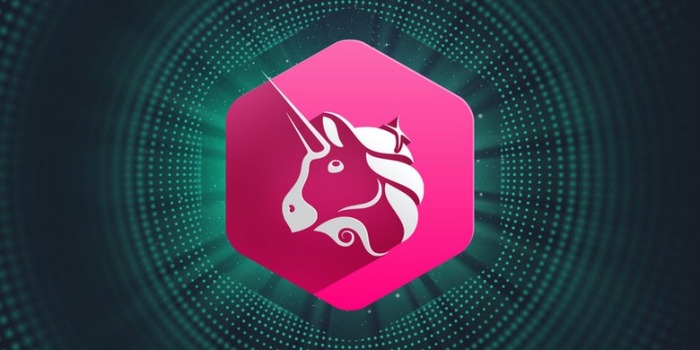
Essentially, Uniswap pioneered the Automated Market Maker model in decentralized exchanges. Users simply have to supply some tokens to Uniswap's liquidity pools and the algorithm would then set market prices based on the supply and demand. In exchange for supplying some tokens into the liquidity pools, users will earn rewards. At the time of writing, UNI has a market cap of $5,388,874,412 and each token is worth $11.80.
3. Compound (COMP)
Compound is an excellent choice if you want to earn interest by depositing a certain amount of tokens into lending pools. It is basically software that runs on the Ethereum network and aims to use decentralization to operate a traditional money market.
Compound supports multiple crypto-assets and enables users to borrow and lend money without the need to use intermediaries like banks. Since it runs without intermediaries, you shouldn't be surprised if they don't provide you with AML and KCY procedures when you register. Compound also has a native token called COMP.
The system allows users to deposit cryptocurrency into lending pools that can be accessed by borrowers. Lenders will then earn rewards based on the coins they've deposited. Once a deposit is made, Compound would reward lenders with new crypto in the form of a cToken. The whole process is automatic and decentralized, so lenders can redeem the rewards at any time they want. The current market cap of COMP is $967,388,902 and each token is worth $147.48.
4. Aave (AAVE)
Aave (AAVE) is an Ethereum-based token that runs on the Ethereum blockchain. Aave itself is a decentralized non-custodial money market protocol that allows users to participate either as lenders or borrowers. The benefit of using Aave for lenders is that they can earn passive income by depositing some money and providing liquidity to the market.
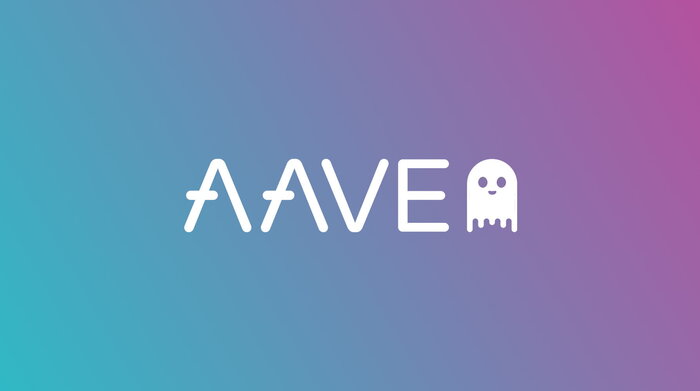
Meanwhile, borrowers can borrow cryptocurrencies simply by paying a certain interest rate. In addition, the platform is well-known to offer the best discounts for its users as compared to other similar projects. Currently, the market cap for AAVE is $2,495,462,396 and the price of each token is $184.65.
5. Sushiswap (SUSHI)
Launched in August 2020, Sushiswap is a decentralized exchange that allows traders to swap cryptocurrencies, hence the "swap" in the second half of the name. SUSHI is the native token that powers the exchange.
Similar to Uniswap, Sushiswap is an Automated Market Maker, so they basically facilitate crypto trading transactions without using any third party to manage them. Instead, the exchange uses smart contracts to automate the process and sets the prices.
Sushiswap gets the liquidity from their own liquidity pools, which are funded by lenders. In return, lenders will be rewarded with tokens. It's worth mentioning that in its early days, Sushiswap found it difficult to attract people who would lend their crypto in their liquidity pool. At that time, people were more interested in the older and trusted Uniswap, so there was no intention to change platforms.
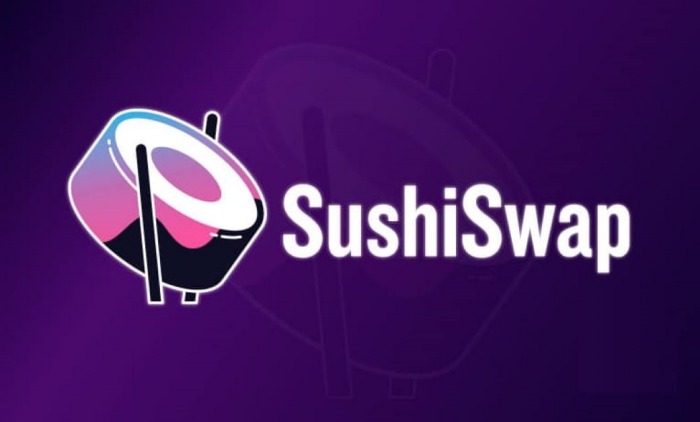
As a response to the situation, Chef Nomi came up with a new tactic to help Sushiswap catch up with its rivals. The idea was to reward users who make deposits on Sushiswap so that they would earn more than they could on other platforms. This act has been referred to as a "vampire attack" because it led to people switching their alliance to Sushiswap. From this event, Sushiswap managed to gain $810 million in crypto funds.
6. Chainlink (LINK)
LINK is the token that powers the Chainlink project. Chainlink itself is a decentralized blockchain oracle network that was founded in 2017 and built on the Ethereum network. This network utilizes smart contracts to securely connect several blockchains with "off-chain" systems such as external data sources, APIs, and payment methods.
Chainlink also enables the blockchain to broadcast and validate on-chain data to its non-blockchain peers. Such a system is commonly known as an "oracle", which is a term used to describe technology that brings real-world data to a blockchain.
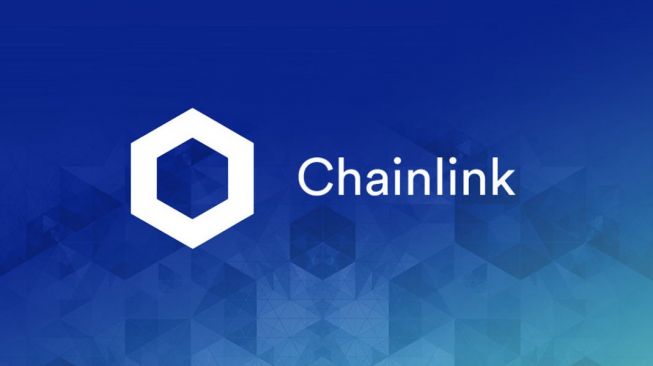
Unlike most crypto tokens, LINK uses a Proof-of-Stake (PoS) protocol. This means that participants don't simply deposit tokens and earn rewards. Instead, they must run their own nodes and provide data to smart contracts in order to receive link tokens as rewards.
7. Curve Finance (CRV)
Curve Finance is a decentralized exchange that primarily enables users to exchange stablecoins with CRV used as the native token. In a nutshell, the trading platform allows users to lock up cryptocurrencies that later will be traded by other users. Currently, CRV has a $1,344,711,160 market cap and each token is worth $3.44.
8. Convex Finance (CVX)
Convex Finance is a DeFi project built on the stablecoin exchange Curve. It aims to provide additional interest rewards as well as trading fees for Curve liquidity providers. Convex Finance is supposed to boost Curve staking, while CVX is the utility token used to get a share of Convex platform shares.
In order to earn Convex fees, you simply need to stake your CVX to receive cvxCRV tokens. That being said, Convex Finance can be a great alternative for traders to earn passive income.
9. PancakeSwap (CAKE)
PancakeSwap is a decentralized exchange that has been around since September 2020. The exchange is often compared to SushiSwap because of its similar features, but the two are actually pretty different because SushiSwap is built on the Ethereum blockchain whereas PancakeSwap is from the Binance Smart Chain.
Similar to Uniswap and Sushiswap, PancakeSwap also uses an Automated Market Maker model. Users can trade various digital assets on the platform and use the liquidity from the exchange's liquidity pool.
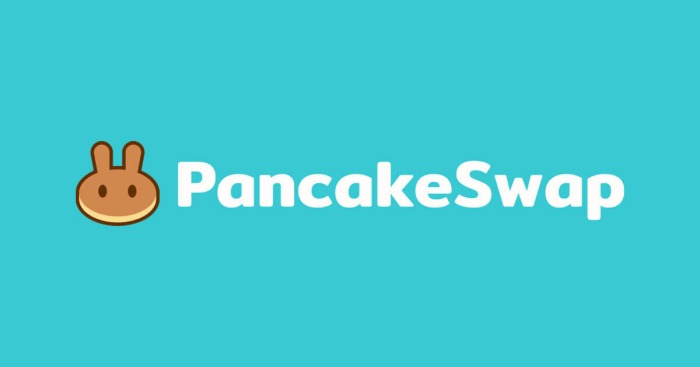
The pool is powered by funds deposited by other users, who will get token rewards in return. While the real developers of PancakeSwap are unknown, the exchange has been regularly audited by various securities companies such as Certik and Slowmist. Therefore, you won't have to worry about security issues in PancakeSwap.
10. Loopring (LRC)
LRC is a native token to the Loopring protocol, which is an Ethereum-based project that allows users to open decentralized exchanges. Essentially, the goal of the project is to create an interconnected system where buyers and sellers can use multiple trading platforms from a single dashboard and find each other to trade crypto assets. This will make the process much easier and faster both for buyers and sellers.
Apart from that, Loopring also focuses on the safety of its users by using a foolproof security system that could block potential hackers and other similar issues.
Final Thoughts
It is quite clear that Decentralized Finance is gaining momentum and slowly dominating the financial industry. If you want to be a part of the revolutionary movement, then you should learn more about DeFi coins and how they work on decentralized networks.
DeFi coins have the capability to bring out the true potential of blockchain for financial services and other aspects as well. Thus, investing in them may be a smart move in the long term. From the list of choices that we've included in this article, choose the one that suits you based on your needs.
In addition to investing in DeFi, you also have the opportunity to support your favorite new token hosted on a decentralized exchange through an Initial DEX Offering.

 Dedicated FREE FOREX VPS
Dedicated FREE FOREX VPS Free FOREX Virtual Private Server
Free FOREX Virtual Private Server MT4 Demo Contest, Get $500
MT4 Demo Contest, Get $500 Sign Up for an Account, Claim 60% Deposit Bonus
Sign Up for an Account, Claim 60% Deposit Bonus Free MT4/MT5 VPS 2024
Free MT4/MT5 VPS 2024 Send E-mail and Get Free Merchandise
Send E-mail and Get Free Merchandise $1K Refer a Friend Bonus for Pepperstone Pro clients
$1K Refer a Friend Bonus for Pepperstone Pro clients Maximize Your Earnings with 100% Deposit bonus
Maximize Your Earnings with 100% Deposit bonus Trade to Win, $5,000 Monthly Demo Contest
Trade to Win, $5,000 Monthly Demo Contest Claim 30% + 15% Deposit Bonus from LiteFinance
Claim 30% + 15% Deposit Bonus from LiteFinance
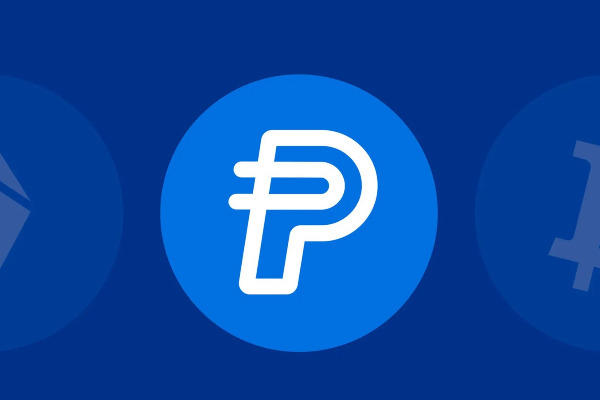
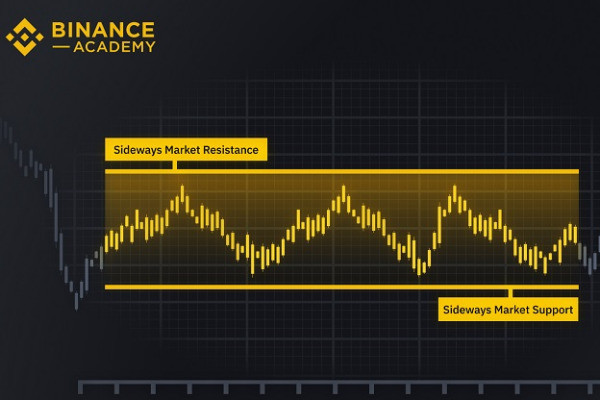
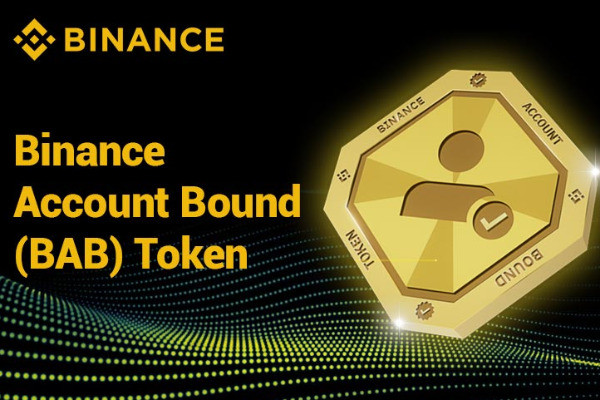
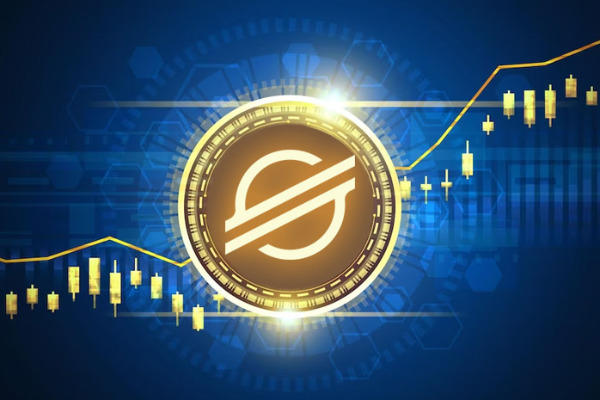
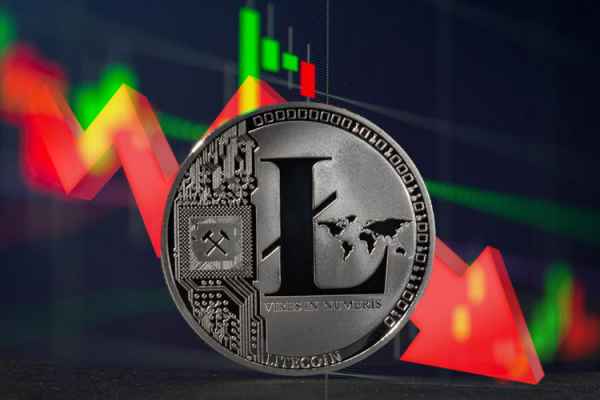

 Bitcoin
Bitcoin Ethereum
Ethereum Tether
Tether BNB
BNB Solana
Solana USDC
USDC XRP
XRP Dogecoin
Dogecoin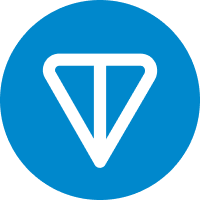 Toncoin
Toncoin Cardano
Cardano